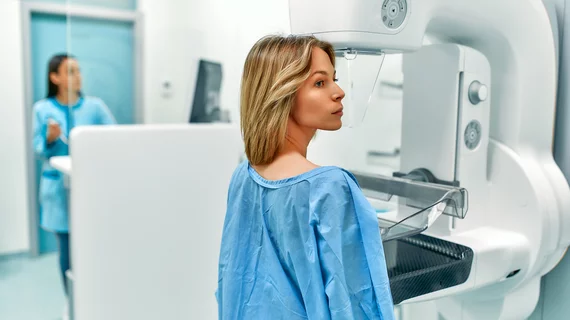FDA halts mammography services at facility that posed ‘serious risk to human health’
The U.S. FDA temporarily halted mammography services at an imaging facility it said posed “serious risk to human health,” the agency announced on Tuesday.
Back in August, the American College of Radiology notified University Park OBGYN of Sarasota, Florida, about concerns surrounding the quality of its exams. The college’s accreditation arm had performed a mammography review spanning April to July last year, with 6 of 30 cases not meeting the ACR’s image evaluation criteria, the FDA said in an announcement. In some cases, the deficiencies were deemed as “severe.”
University Park had its accreditation revoked effective in September, with the facility opting not to appeal the ruling.
“Based on the information obtained from the ACR concerning the reasons for the revocation of the facility’s accreditation, the FDA determined that the facility’s practice posed a serious risk to human health,” the administration said April 25.
As required by the FDA, University Park OBGYN alerted both referring providers, along with patients who had mammograms performed at the facility between April and September, about the issue. It also successfully completed the ACR’s corrective action plan. The college reinstated the business’ accreditation on April 11 and the FDA issued a Mammography Quality Standards Act certificate, allowing it to legally perform exams, shortly after.
University Park OBGYN did not immediately respond to a Radiology Business request for comment on Tuesday.

